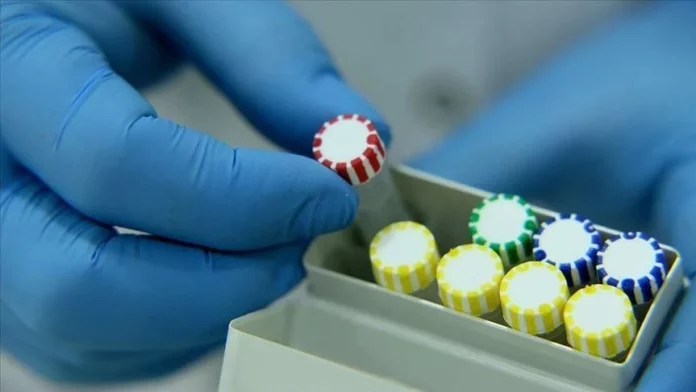The SA Medical Research Council has noted a rise in the concentrations of Severe Acute Respiratory Syndrome Coronavirus 2 RNA (SARS-CoV-2 RNA) in several wastewater treatment plants in Cape Town, especially in De Doorns, Rawsonville and Worcester.
This was discovered through a surveillance programme for SARS-CoV-2 RNA operated by the medical council in more than 80 wastewater treatment plants across six provinces countrywide.
The programme was established to track the Covid-19 pandemic in the country.
Professor Glenda Gray, the medical council CEO, said the discovery serves as a warning about the rise of the SARS-CoV-2 RNA, because it is a reflection of an increase in Covid-19 positive cases.
“The increase in SARS-CoV-2 RNA concentrations in our wastewater programme coincides with an increase in the proportion of positive Covid-19 tests recently reported by the National Institute for Communicable Diseases,” said Gray.
Professor Angela Mathee, a member of the medical council wastewater surveillance team, said an increase of SARS-CoV-2 RNA in wastewater has not been observed in the other five provinces (Gauteng, KwaZulu-Natal, Limpopo, Eastern Cape, and Free State).
“We will be paying close attention to next week’s results to ascertain [if there are] further changes, should they occur,” said Mathee.
“Over the next few weeks, it may be prudent for those at risk to revert to basic protective measures, such as avoiding or wearing masks in crowded indoor spaces or when caring for people who are ill, being fastidious about hand hygiene, and keeping up to date with Covid-19 vaccinations or booster shots.”
Follow @SundayWorldZA on Twitter @sundayworldza on Instagram, or like our Facebook Page, Sunday World, by clicking here for the latest breaking news in South Africa. To Subscribe to Sunday World, click here.



